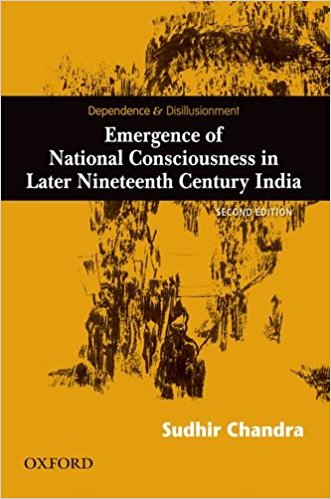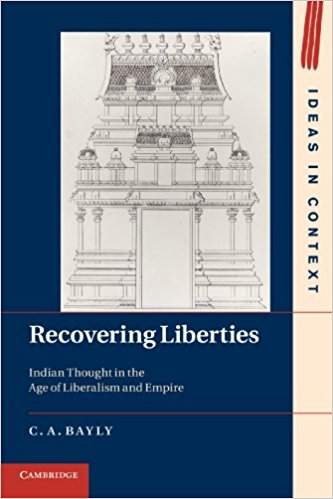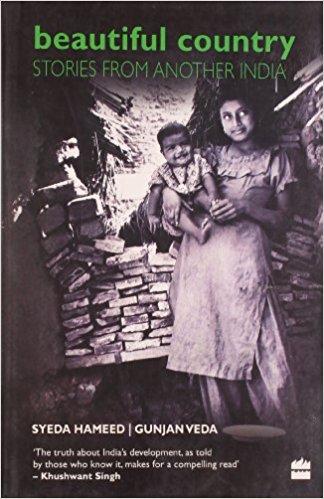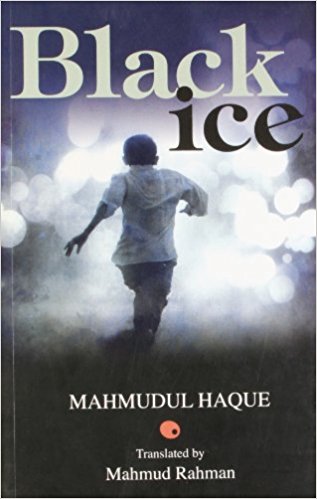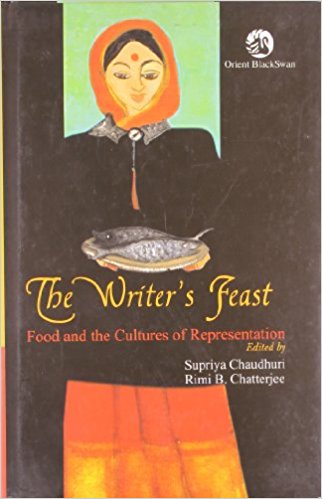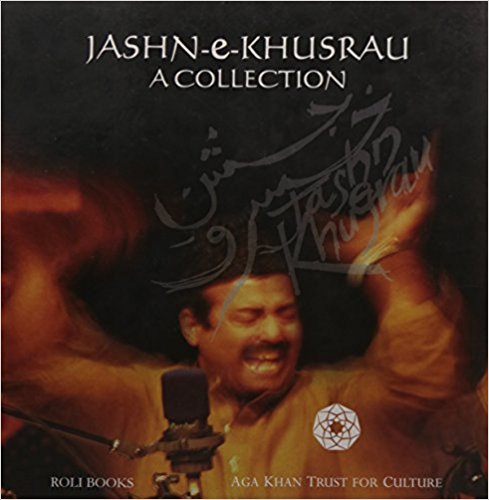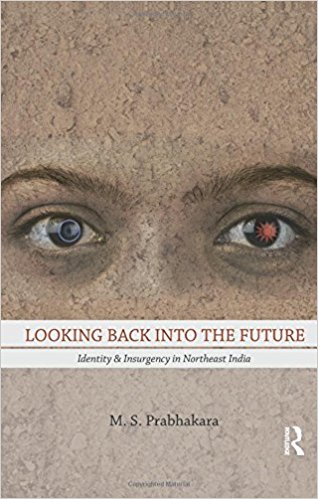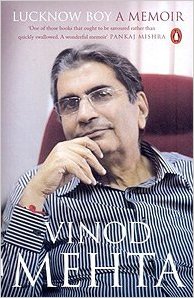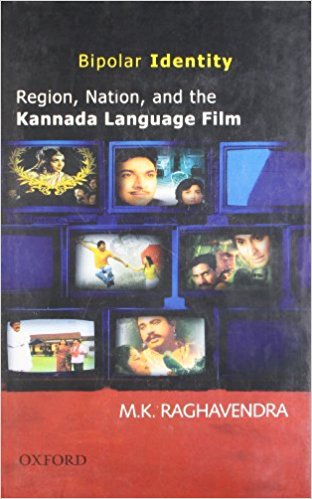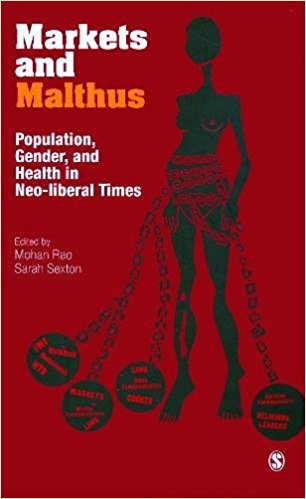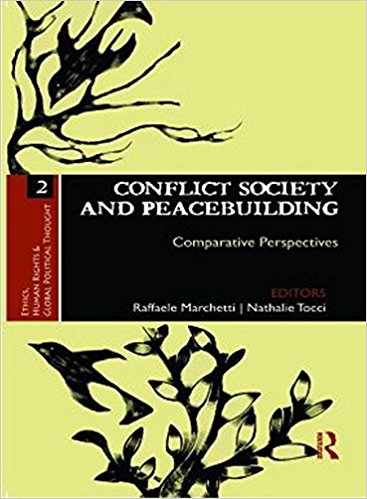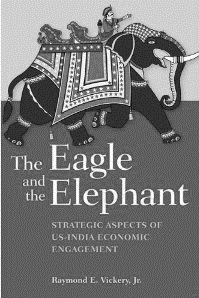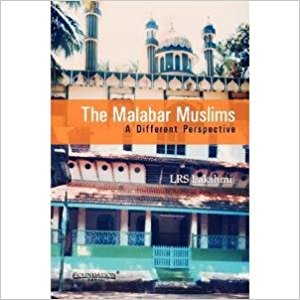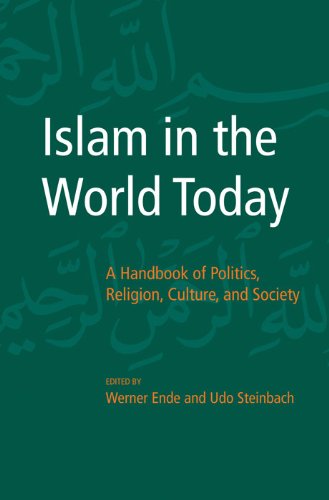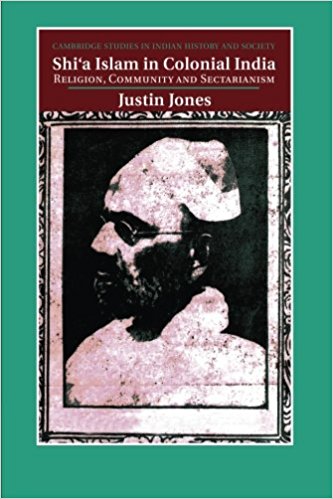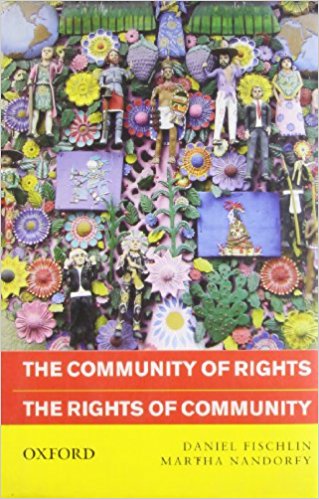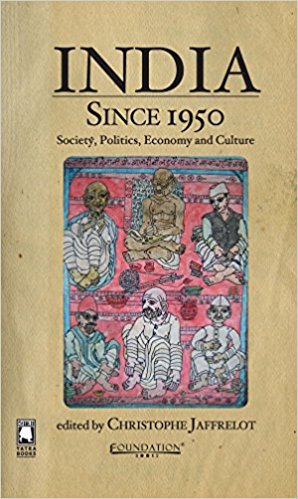The text under review is a re-publication of a monograph that initially appeared in 1975. It looked at the emergence of, what the author calls, a ‘national consciousness’, in late nineteenth century colonial India. Though it has a new introduction, the main body of the text is not a revision of the earlier edition…
Archives
June 2012 . VOLUME 36, NUMBER 6Christopher Bayly’s new book, Recover ring Liberties: Indian Thought in in the Age of Liberalism and Empire, traces the history of political thought in India with a specific focus on liberalism. Bayly attempts to trace the lineages of liberal political language in the Indian…
On the cover of this elegantly written reportage-cum-travelogue is a shabbily dressed teenage girl holding a toddler. In the background we see the thatched houses and many tell-tale signs of extreme poverty. From the cover photograph itself you have a fair idea…
2012
‘Everything becomes a story one day.’ So begins the PS section of this Bangladeshi contemporary classic. Its writer, Mahmudul Haque, is credited with fashioning a new idiom and a distinctly modern sensibility in the post-1947 writing coming out from what was once East Pakistan and is now Bangladesh…
As summer looms upon us, a Gujarati friend living in Calcutta becomes more and more disgruntled. Her plaint is the lack of kesri ker no ras (aam ras or mango pulp) in her city. Upon a suggestion that she purchase mangoes and make it at home, came a most painful shriek: you don’t understand! In Gujarat right now, everyone is talking mango, buying mango, selling mango, cooking mango…
Even as Delhi has been celebrating the centenary of its restoration as capital of India, a proud fragment of its built heritage and history, it is fitting that we re-member the doyen of Delhi’s lived cultural heritage, Amir Khusrau (1238-1325), the most loved acolyte of the great…
Just when journalism in India is going through a transition of sorts, when values and ethics lost in the process are being questioned, M.S. Prabhakara’s book Looking Back Into The Future helps restore some faith…
Poet and essayist W.H. Auden once remarked that every autobiography is concerned with two characters, ‘a Don Quixote, the Ego, and a Sancho Panza, the Self’. Vinod Mehta’s literary self-portrait Lucknow Boy fits the description quite well. Only that in this memoir the two characters never appear together, at least not on the same page…
In 2002, the Government of Karnataka prohibited the sales of a massive two-volume history of Kannada cinema published by Hampi University Press. It apparently had factual errors and, more importantly, had misrepresented Dr. Rajkumar, the Kannada film superstar…
In 2004, I went around the research institution where I work in search of a discussant for a paper on the historical shaping of public consent for family planning in 20th century Kerala. This was interdisciplinary work which reexamined some of the received wisdom of demography pertaining to Kerala from a critical historical perspective…
Conflict Society and Peacebuilding: Comparative Perspectives is an edited volume of eleven essays, which explores the linkages between civil society, conflict and peace, drawing on empirical studies from regions in Asia, Africa, Latin America and Europe…
The Eagle and the Elephant is the best book on Indo-US relations written by an insider in the US administration. Vickery holds a bipartisan American view largely sympathetic to Indian concerns. It surpasses Denis Kux’s magisterial book—Estranged Democracies…
Mappila Muslims constitute more than ninety percent of the Muslim population in Kerala. The majority of these Muslims live in the northern part of Kerala, called Malabar region. Historians and sociologists like Roland E. Miller, Stephen F. Dale, K.N. Panikkar, Hussain Randathani and many others have written about the socio-political and cultural world of Malabar Muslims from various perspectives…
Islam is the predominant religion of contemporary Africa and Asia and has a large following in Australasia, Europe and North America. According to reliable demo-graphic sources in as many as fifty-one nation-states scattered over the continents of Asia, Africa and Europe followers of Islam are in a majority—in as many as forty of them the Muslim population being above 80%…
The existing vast scholarship on collective identities in India, whether it deals with caste, creed or nationalism, is dominated by a concern with their modern ‘construction’, a process generally seen as having occurred during the colonial period…
Sociality is a fact of human existence,however, not an unproblematic one.Even after centuries of contemplation, it is still as enigmatic as ever. With the advent of modernity, tension surfaced between the individual and the community to which the individual belonged…
With the passing of the 73rd amendment of the Constitution which empowered a three-tiered local (self) government system or panchayat raj, attention has been focused on the success of decentralization in India. Millions of local politicians have been elected with constitutional authority into the panchayat raj system since 1993…
Given the centrality that elections have come to occupy in the political fabric of this country, it is not surprising that election studies are one of the prominent and oldest research traditions in political science in India…

